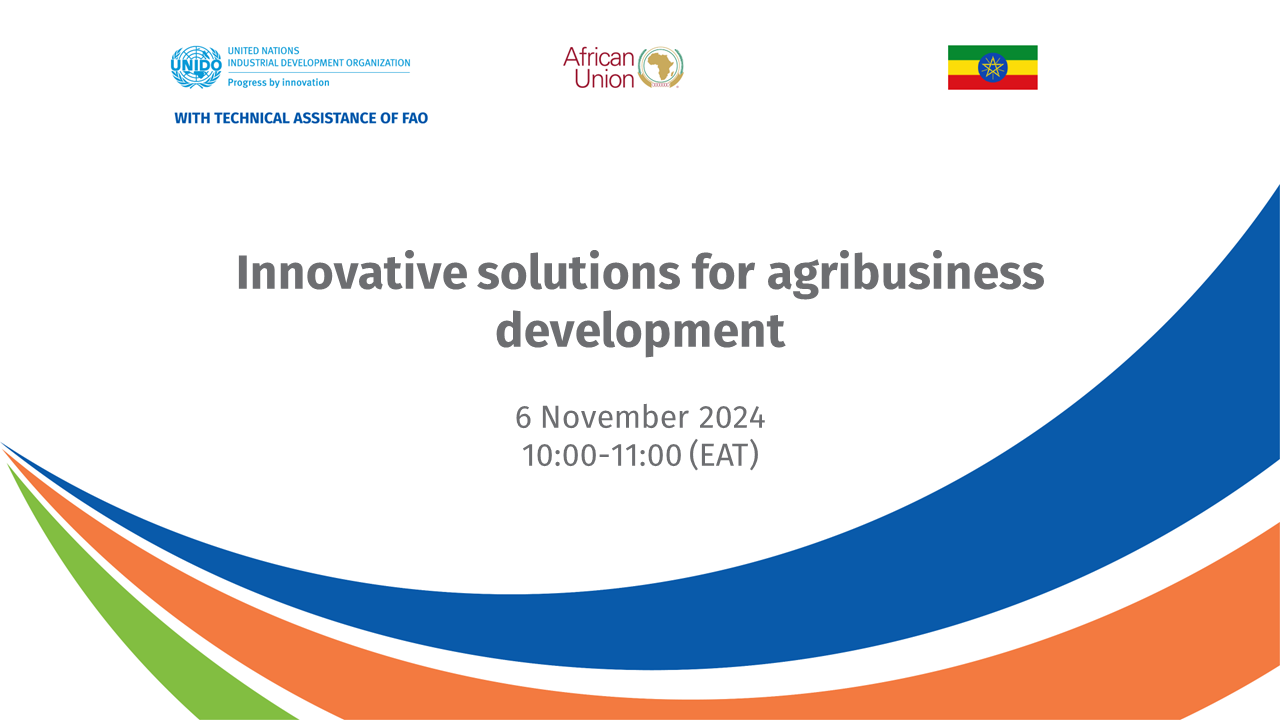


The issue:
The coffee production sector faces significant challenges, including the impact of climate change, limited value addition, and increasingly complex regulations. These issues disproportionately affect smallholder farmers, who form a major portion of the 25 million people involved with the sector globally. They also have a negative effect on the broader agri-business value chain, threatening the livelihoods of millions. Addressing these challenges requires comprehensive solutions that go beyond traditional approaches.
UNIDO is driving transformative change by introducing resilient seed varieties, facilitating funding and private sector investment opportunities and deploying cutting-edge solutions to increase efficiency and market access. Technological innovations are key to fostering advanced coffee processing techniques, and creating traceability systems that ensure transparency and compliance with regulations. Data-driven decision-making, supported by scientific insights and digital technologies, can empower stakeholders throughout the coffee supply chain, creating a more resilient and sustainable ecosystem. UNIDO’s efforts in this area also contribute to helping Member States achieve progress in implementing the 2030 agenda, specifically SDG 2 (Zero Hunger), SDG 9 (Industry, Innovation and Infrastructure) and SDG 17 (Partnerships).
This session will explore the critical role of partnerships, technology transfer, and private sector solutions in addressing these challenges. By embracing digital technologies and resilient practices, the coffee value chain can enhance efficiency, sustainability, and resilience, ensuring long-term prosperity for millions of coffee farmers and businesses.
Objectives:
This session is dedicated to exploring the transformative power of digital innovations, driven with and by the private sector, and solutions in food processing, manufacturing and supply chains, focusing on the role of smallholder farmers, small to medium-sized enterprises (SMEs) and the technology industry in the coffee sector. It aims to:
Highlight technological trends, solutions and opportunities: Identify and discuss major technological innovations that can serve as game-changers in reducing the manufacturing and compliance costs and strengthen agri-food value chains - ultimately ending hunger by 2030.
Focus on innovative interventions to expand market access: Discuss how solutions like the establishment of ad hoc excellence centers such as the Coffee Training Center and the Center for Circular Economy in Coffee can help SFH and MSMEs with product compliance, increasing market access, value addition, dealing with the impact of climate change and economic constraints.
Key guiding questions:
How can technologies and concrete solutions help smallholder farmers and SMEs in low- and middle-income countries address climate change, low productivity, and regulatory compliance (e.g. EUDR/deforestation)?
What are the major barriers to adopting these solutions and how can they be overcome?
What roles do governments, private sectors, international organizations and NGOs play in supporting the creation of an enabling environment for businesses and promoting impactful transformation?
Expected outcomes:
Session format and structure:
The session will begin with opening remarks from key representatives, setting the stage for discussions on agri-business challenges in the coffee sector.
The main section will feature a panel discussion that transitions from challenges to solutions. Experts will present innovative solutions for addressing climate change, low productivity, and regulatory compliance. Highlights include Google's AI-powered traceability platform and the Coffee Training Center, showcasing how public-private partnerships can drive sustainability and value addition in the coffee industry.
Session moderator
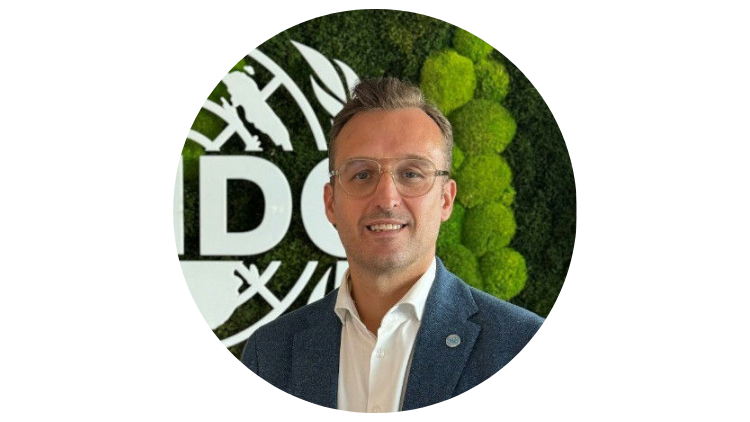
Mr. Jason Slater, Chief Digitalization and Innovation Officer, UNIDO
As the Chief Digitalization and Innovation Officer at UNIDO, Jason Slater leads the organization’s digital and IT initiatives, driving innovation and transformative solutions. His leadership centers on optimizing service delivery through digital solutions and fostering close collaboration with all stakeholders to enhance organizational processes. With extensive leadership experience at UNIDO, Jason has previously held roles as Head of IT, overseeing strategic financial management, business transformation, and communications.
Before joining UNIDO, Jason led finance management consulting in the public sector and served as Head of Finance in a large multinational organization. He holds an MBA, a master’s degree in business transformation, and is a Chartered Management Accountant.
Opening remarks
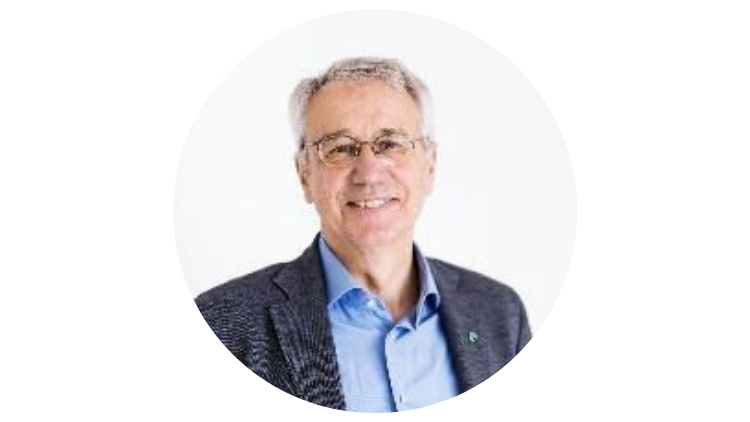
Mr. Dieter Overath, Senior Advisor, UNIDO
Dieter Overath, originally trained in business and marketing, served as an instructor in commercial professions and was actively engaged with Amnesty International for over 20 years, including as a board member. In 1992, he became the first director of Fairtrade Germany, pioneering the TransFair logo and licensing system to support disadvantaged producers in developing countries. He played a key role in expanding the Fairtrade movement internationally. Honored with the Federal Cross of Merit in 2022, he remains committed to social causes, particularly theater, and is a member of Hope Theatre Nairobi.
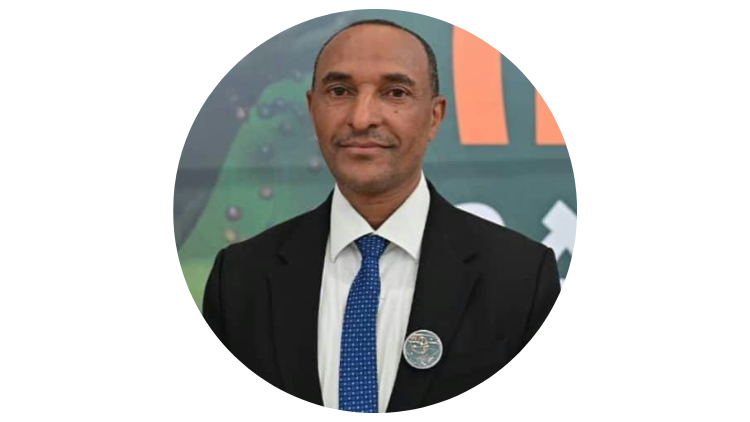
Dr. Adugna Debela Bote, Director General of the Ethiopian Coffee and Tea Authority, Ethiopia
Adugna Debela Bote is senior horticulturist who received his BSc from Jimma University and his MSc and PhD from Wageningen University of the Netherlands. Previously he was employed as a Lecturer at Jimma University and served the university as head of the department of Horticulture and Plant Sciences and has been teaching in different universities (Jimma, Ambo, Hawassa and Arsi) at the capacity of associate professor. He published more than 25 articles on international and reputable journals. He also served Ethiopian Horticulture and Agriculture Investment authority as CEO. Currently, he is working as Director General for Ethiopian Coffee and Tea Authority. In this role, Dr. Adugna has played a key role in advancing the coffee sector by reforming existing policies and strategies aimed at boosting production, quality and export share. Furthermore, he has launched several initiatives to support the coffee industry in partnership with various development organizations. He has also fostered networking among key stakeholders to facilitate the sharing of best practices.
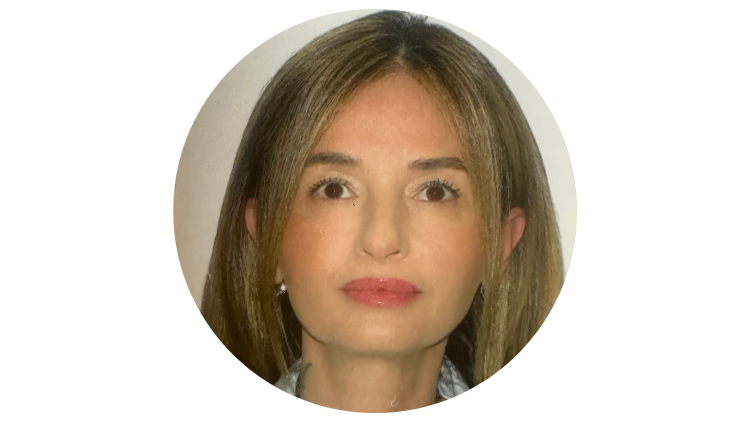
Ms. Alessandra Attisani, Head of Office at Italian Agency for Development Cooperation Office, Addis Ababa Office
She received her bachelor’s degree in law from the University La Sapienza in Rome. She is a lawyer of Rome forum. She has been working for more than twenty-five years in the public sector and since 2016 for the Italian Agency for development Cooperation (AICS) in Rome HQ. After a short period, serving as administrative officer at the Presidency of the Council of Ministers, she joined AICS Addis Ababa in January 2024 as Deputy Head of Office. Recently she became the Acting Head of Office supervising a portfolio of more than 60 initiatives in 5 different countries (Ethiopia, South Sudan and Djibouti plus the 2 new acquisitions since July, Eritrea and Sudan).
Panel moderator

Mr. Wernhard Berger, Digital Innovation & Transformation Strategist, UNIDO
An accomplished transformational leader, Wernhard brings extensive experience in steering organizations through digital transformation, leveraging AI, data analytics, blockchain, and IoT. Known for building high-performing teams and delivering innovative solutions, he thrives in complex, regulated sectors like international organizations and healthcare. A seasoned strategist with a global perspective, Wernhard excels at merging digital innovation with social impact. His expertise spans digital strategy, tech entrepreneurship, and management consulting, fostering inclusive cultures and clearly communicating a compelling vision for sustainable growth.
Panelists
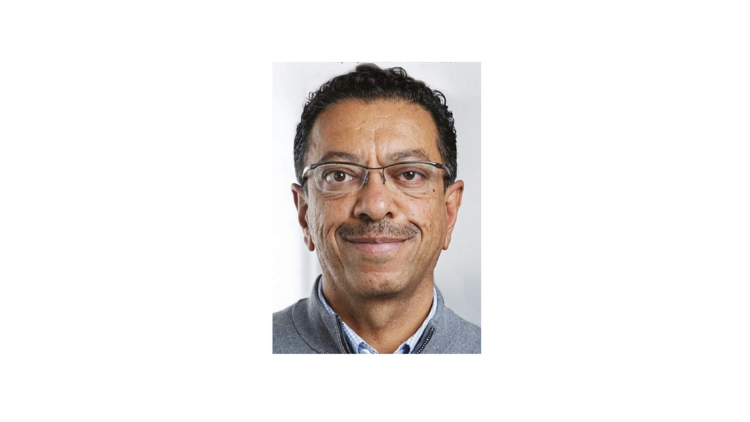
Mr. Abdullah Bagersh, General Manager of SA Bagarish
Bagersh is Managing his family's 75 year old export company which exports all the different qualities of Ethiopian coffees throughout the world. Bagersh was a pioneer in specialty coffee since 2001 with the start of the third wave in the USA.
Bagersh served on the boards of the Ethiopian coffee exporters association , was board chairman of the African Fine Coffee Association (AFCA) for more than 6 years and is currently serving on the board of Ethiopian commodity exchange (ECX).

Mr. Robert Pinter, General Manager of North America, NGIS
Bobby is the General Manager of North America at NGIS, and is responsible for growing the NGIS sustainability solutions practice in North America. Bobby has worked on a range of global leading projects focusing on Sustainable Development Goals including biodiversity, sustainable sourcing and the intersection of climate and agriculture.

Mr. Miguel Zamora, Coffee Public-Private Task Force Coordinator, International Coffee Organization
Miguel is the Coordinator of the Coffee Public-Private Task Force at the International Coffee Organization (ICO). The Task Force aims to build consensus between public and private actors on priority issues and actions to be implemented to ensure a sustainable and fair global coffee sector at the local and global levels.
Miguel has been involved in agriculture for 30 years. He has worked in farming, research, extension, business development, and international development with farmers, farmworkers and food companies around the world.
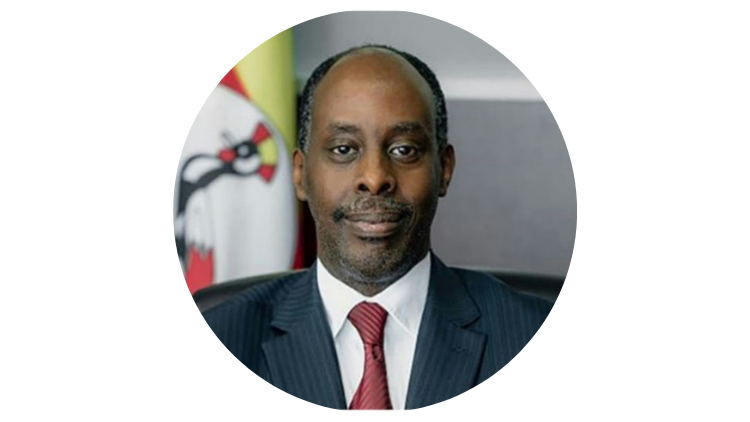
H.E. Solomon Sabiti Rutega, Secretary General, Inter-African Coffee Organisation
Amb. Solomon Sabiti Rutega, is currently the Secretary General of the Inter-African Coffee Organisation (IACO), an inter-governmental organisation based in Abidjan, Cote d’Ivoire. Prior to his assumption of duty in May 2021, Amb. Rutega served as the Head of Mission/ Consul General of the Consulate General of the Republic of Uganda in Guangzhou, and was in charge of Uganda’s trade, investment and commercial diplomatic activities in Southern China. He has been an active international participant in the coffee sector for the past 30 years and has been involved in many initiatives in the coffee industry that have had national, regional and international impact. In his career, he has played key roles in the establishment of projects to support the transformation of the African coffee industry.
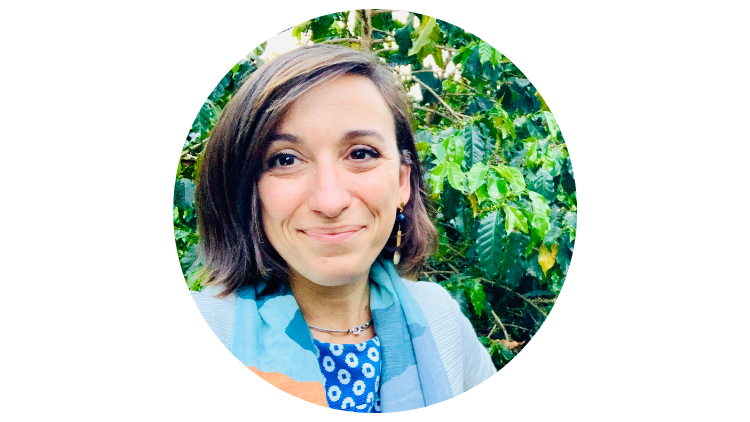
Ms. Chiara Scaraggi, Agro-value Chain Expert, UNIDO
Coffee Value Chain Expert at UNIDO, Chiara is responsible for providing advisory services on innovative initiatives within the coffee sector. Since joining UNIDO in 2015, she has contributed to the expansion of the organization’s coffee portfolio in Ethiopia, Kenya, Tanzania, Uganda, and Mozambique. Focusing on public-private partnerships, she collaborates with project managers, experts, and stakeholders from the private sector, academia, international organizations, and development financial institutions (DFIs) to formulate programs advancing climate resilience and transformation in African coffee.